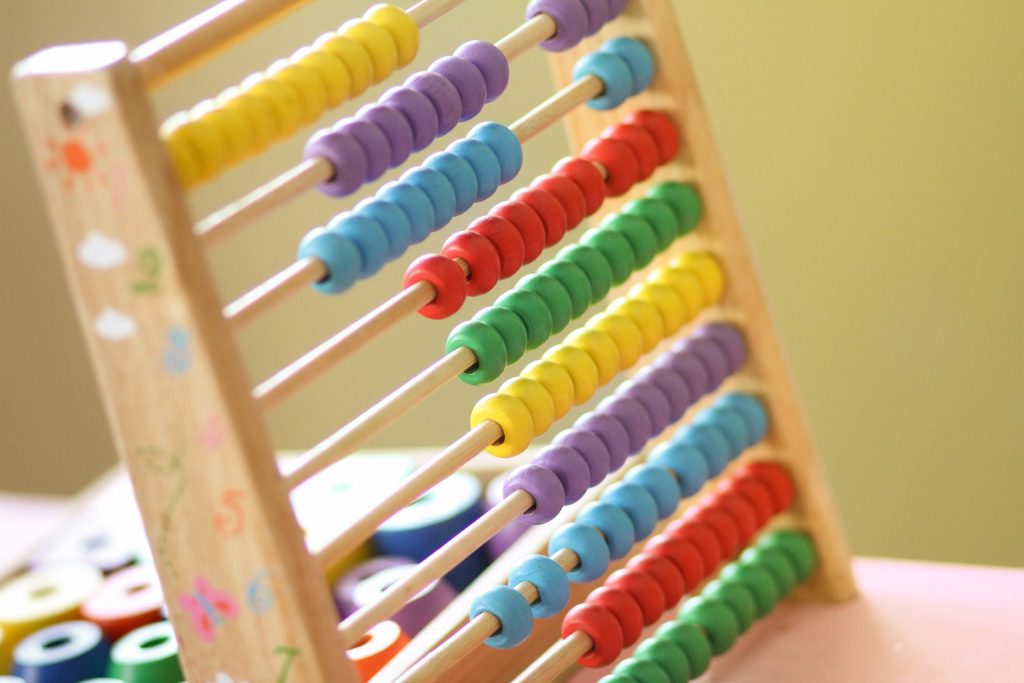Struggle with maths? Your attitude could be the answer
Posted on 9 October 2017 by Nick Chubb
We all need maths. It doesn’t matter if you need to know the safe working load of a strop, the density of bunkers, or the correct change at the supermarket; if you don’t have a solid grip on numeracy you will struggle with life. If maths is so important why do so many people struggle? The key to understanding maths could be more to do with the right attitude than anything else.
Why the negativity?
A negative attitude towards maths is all too common here in the UK, it’s seen as acceptable to say “I can’t do maths” in a way that wouldn’t be acceptable when talking about other life skills like cooking. Although the reasons are complex and unique to each individual, it appears that negative attitudes towards maths tend to stem from bad experiences in school. 25% of respondents in a 2013 study said that negative memories of school maths still had an effect on them.
According to research by National Numeracy, “Negative attitudes towards maths are damaging, leading to disengagement, increased anxiety, a lack of confidence, and a reluctance to try to improve skills”. Furthermore, low adult numeracy levels cost the UK economy an estimated £20billion per year. So if the thought of doing maths makes you feel anxious and brings back memories of falling behind in school, how do you get over the negativity?
A skill, not a gift
Maths is a skill, it’s not a gift. It needs to be worked at for many hours if you want to become competent. In the same way that there are some people who are naturally better at running than others, there are some people who are naturally better at maths than others. If you want to improve your running; you train, and maths is no different. Your abilities in maths are not fixed, you can improve if you put the work in and accept that you will make mistakes along the way.

Value, Belief, EfforT
The recipe for a positive attitude towards maths is made up of the value you place on maths, the belief in your ability to improve, and a recognition that all learning takes effort:
- Value: If you want to improve your maths, you must first ask yourself why maths is valuable to you personally. It might be that you want to be able to help your children with their homework, get a promotion, or start a business. We can talk about the impact numeracy has on the economy or give you examples of why numeracy is important to seafarers until we’re blue in the face, but that won’t necessarily mean anything to you.
- Belief: According to US Psychology Professor Carol Dweck (video), it is our mindset, not our abilities or talents which leads to success. In a fixed mindset, people believe that their talents and abilities cannot change. If you want to improve your maths you need a growth mindset; where you believe that your talents and abilities are fluid and can be developed through hard work and dedication. People with a growth mindset learn from mistakes and embrace challenges, and are much more likely to succeed. Your maths ability is not fixed.
- Effort: All learning takes effort and maths is no exception. Hard work is part of the learning process and should be embraced, as long as you keep your long-term goals in mind all of that effort will pay off.
Improving your maths is challenging, but no matter what your circumstances it is possible, and it is absolutely worth the effort. If you want help to improve your maths you can try our award-winning online maths courses for seafarers – access to our full online course library costs just £4.99/month. If you want to take your learning one step further why not talk to us about our GCSE and A Level programmes? They come with full tutor support and can be studied anywhere in the world. Contact us here for more information.





